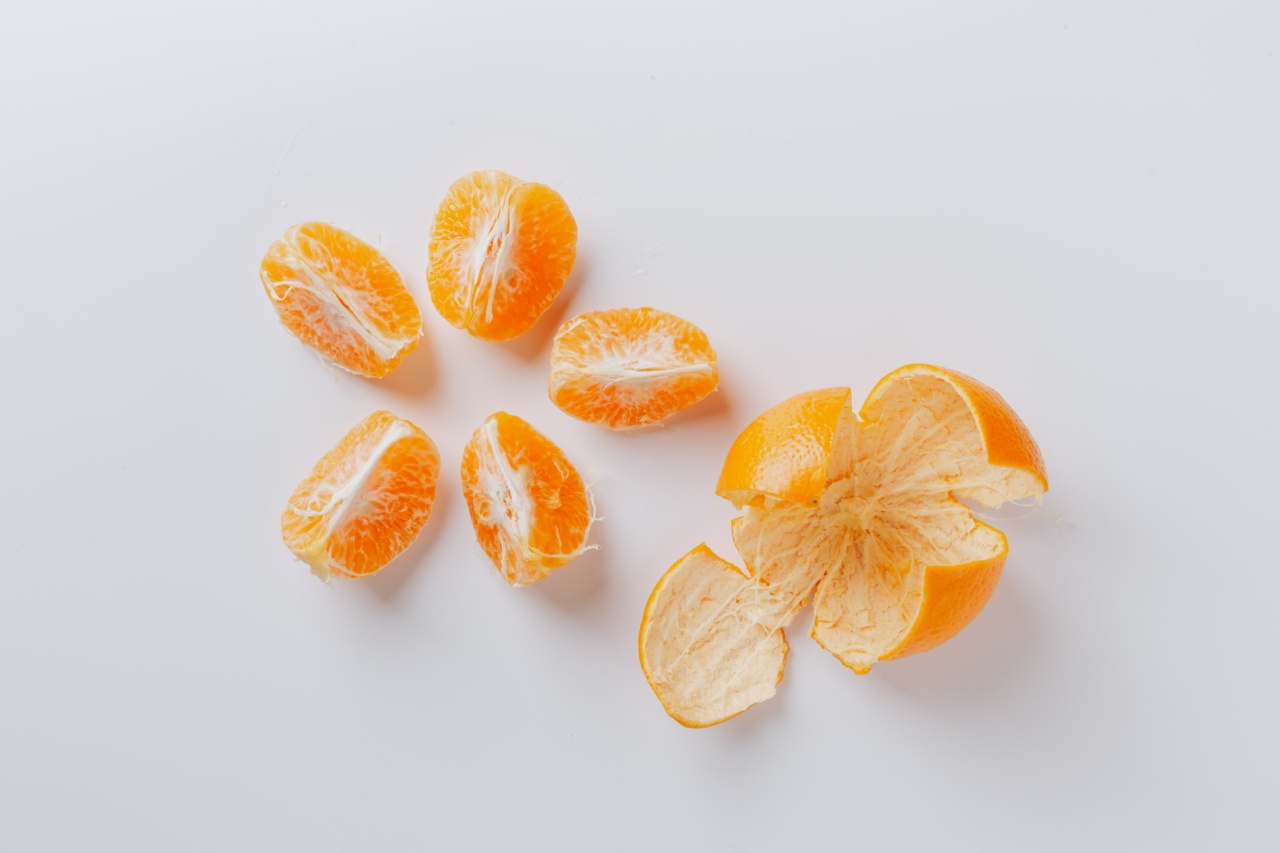Having clear and healthy skin is a goal for many people. While a good skincare routine plays a crucial role in achieving this, what you put into your body is just as important.
Certain foods can significantly impact your skin’s health, causing breakouts, inflammation, and other skin issues. If you’re looking to improve your skin’s appearance, here are some foods you should avoid:.
Fried Foods
Fried foods might be tempting, but they are detrimental to your skin’s health. They are often cooked in unhealthy oils that can lead to inflammation in the body. This can trigger acne breakouts and exacerbate existing skin conditions.
Stick to healthier cooking methods like baking, grilling, or steaming to maintain clear skin.
Sugar
Excessive consumption of sugar can wreak havoc on your skin. When you consume sugary foods and beverages, your body produces insulin to process it.
High levels of insulin can lead to the production of sebum, an oily substance that can clog your pores and cause acne. Try to minimize your intake of sugary snacks, sodas, and desserts to keep your skin clear.
Dairy Products
Dairy products, such as milk and cheese, can have a negative impact on your skin. These products often contain hormones that can disrupt your body’s natural hormone balance. This imbalance can trigger acne and other skin problems.
If you notice that dairy products worsen your skin condition, consider switching to dairy alternatives like almond milk or soy cheese.
Processed Foods
Processed foods are often high in unhealthy fats, carbohydrates, and artificial ingredients. These foods can lead to inflammation in the body, which can contribute to skin issues like acne and dermatitis.
Opt for fresh, whole foods like fruits, vegetables, lean meats, and whole grains to support clear and healthy skin.
High-Glycemic Index Foods
Foods with a high glycemic index (GI) can rapidly raise your blood sugar levels. This spike in blood sugar triggers a cascade of hormonal changes in your body, which can result in increased sebum production and inflammation.
Avoid or limit foods like white bread, white rice, sugary cereals, and processed snacks to maintain clear skin.
Salt
Consuming excessive amounts of salt can dehydrate your skin, leaving it dry and dull. It can also lead to water retention, causing puffiness and bloating.
Instead of adding salt to your meals, try seasoning your food with herbs, spices, or citrus juices for added flavor without the negative effects on your skin.
Spicy Foods
If you have sensitive skin or are prone to redness and irritation, spicy foods may exacerbate these symptoms. Spicy foods can dilate blood vessels, leading to flushing and redness.
Additionally, they can trigger an increase in oil production, potentially causing breakouts. Opt for milder flavors and seasonings to keep your skin calm and clear.
Alcohol
Alcohol can dehydrate your body, including your skin. It also dilates blood vessels, leading to facial flushing and redness. Excessive consumption of alcohol can worsen existing skin conditions like rosacea and acne.
If you choose to drink alcohol, do so in moderation and ensure you stay hydrated with plenty of water.
Caffeine
While a cup of coffee or tea can be a great way to start your day, excessive caffeine consumption can have negative effects on your skin. Caffeine is a diuretic, which can dehydrate your body and lead to dry skin.
It can also disrupt your sleep patterns, which can contribute to dull and tired-looking skin. Limit your caffeine intake and opt for hydrating alternatives like herbal teas or infused water.
Gluten
If you have gluten sensitivity or celiac disease, consuming gluten-containing foods can trigger skin issues like eczema, dermatitis herpetiformis, or acne.
Furthermore, gluten can cause inflammation in the gut, which can directly influence the health and appearance of your skin. If you suspect gluten might be affecting your skin, consider eliminating it from your diet and monitoring any improvements.
Remember, everyone’s body is unique, and certain foods may affect individuals differently. Pay attention to how your body and skin react to specific foods and make adjustments accordingly.
Maintaining a balanced diet and staying hydrated are key factors in achieving clear and healthy skin.






























